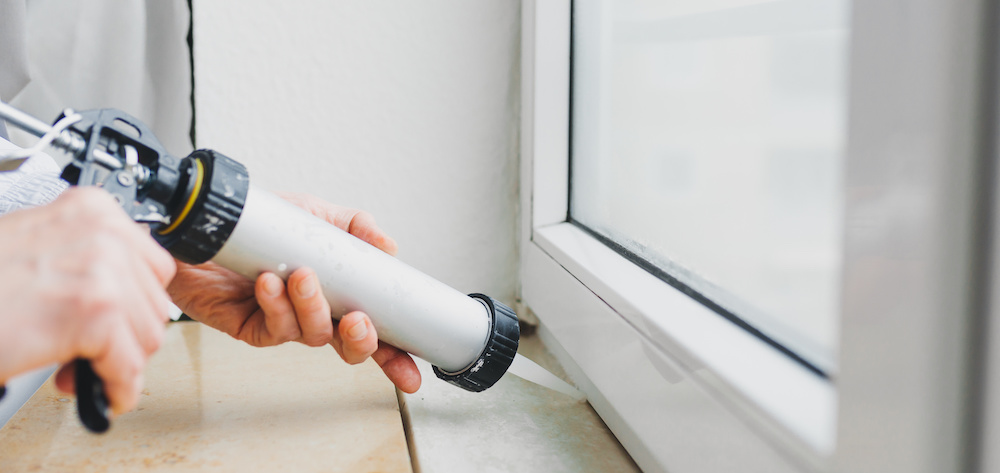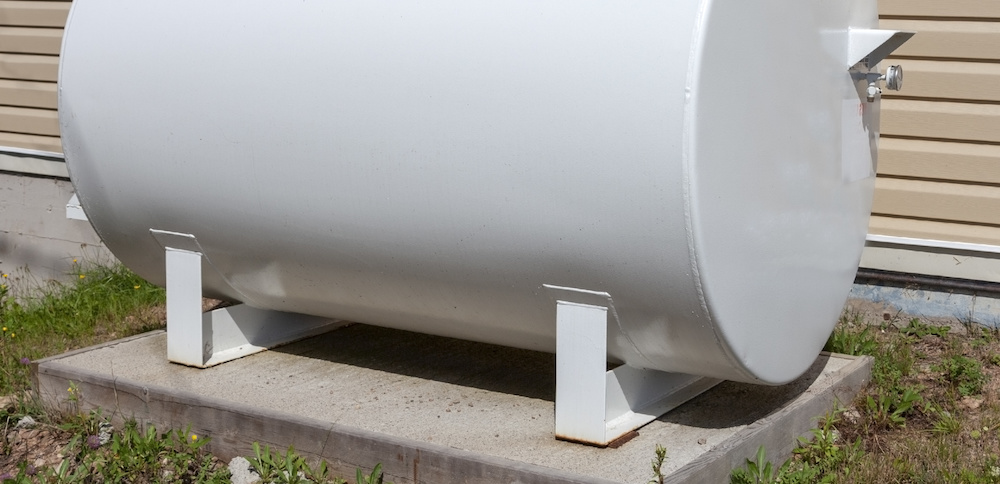BLOG
Prep Your Home for Winter
February 6, 2018
Fall is gradually losing ground, and winter is on its way in. Warm days have become few and far between, so prepping your home for the cold season is essential. Here are a few expert tips to help guide you through the process before the cold settles in for good.
Hello, heat and comfort!

House
Insulate your doors and windows
If you put your hand near a window or door and feel a draft, add some window film, rubber strips, or an insulating film to considerably reduce air infiltrations… and lower your heating bill.
Lower your thermostats
Install a programmable thermostat that will automatically lower the temperature in your home when you go to bed or leave the house. By taking advantage of this type of device, you can save close to $180 on energy costs every year.
Make sure your chimney is in good condition
Do you have a chimney? Don’t forget to have it cleaned once a year. A visual check of the pipe is often insufficient, since deposits generated by wood combustion can instantly inflate with heat and block the chimney. This task can be difficult to accomplish, so why not entrust it to a certified chimney sweep?
Test your furnace filters
Did you know that dust in your air filters can inhibit air flow, increasing heating costs and eventually causing your furnace to malfunction? Note that filters should be replaced once a month during the heating season. You’ll find them at your local hardware store.
Check for cracks around the house
Water can accumulate in cracks around your home and expand when it gets cold—the damage can be quite extensive. Go around and check your house for peace of mind. You can fill in cracks in the brick and foundations by using caulking; for plumbing, seal pipes up if they are not watertight.

Oil tank
Check the base of your oil tank and its perimeter
Make sure the base under the tank is in good condition, and that it isn’t cut or eroded. The tank should also be completely straight—not tilted. Also ensure that the area around the tank is free of any obstruction to keep it easily accessible. This will come in handy for deliveries.
Watch your oil tank’s expiry date
In winter, it’s also important to check how old your tank is. Did you know that most insurance companies set a maximum age limit for oil tanks? They require them to be changed regularly. Keep an eye on things before your coverage expires.
Confirm the quality of your oil tank
Watch the signs to avoid the worst: damages to the oil line, and seepage or humidity around the oil tank valve and pipes can lead to internal corrosion or cause the ducts to freeze.Signs of rust or bulging can also indicate that your oil tank is in poor condition, and prone to leaking. Be attentive and contact a specialist if you have any doubts.Good winter prep!Discover the benefits of oil heating with Ultramar Energy here!

